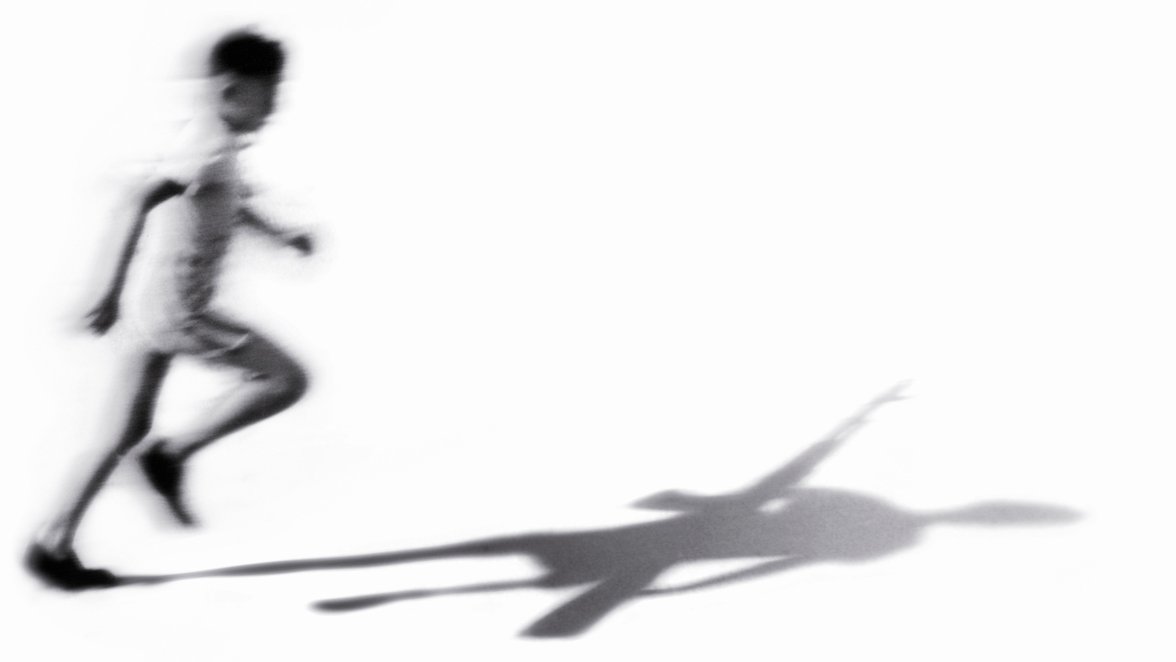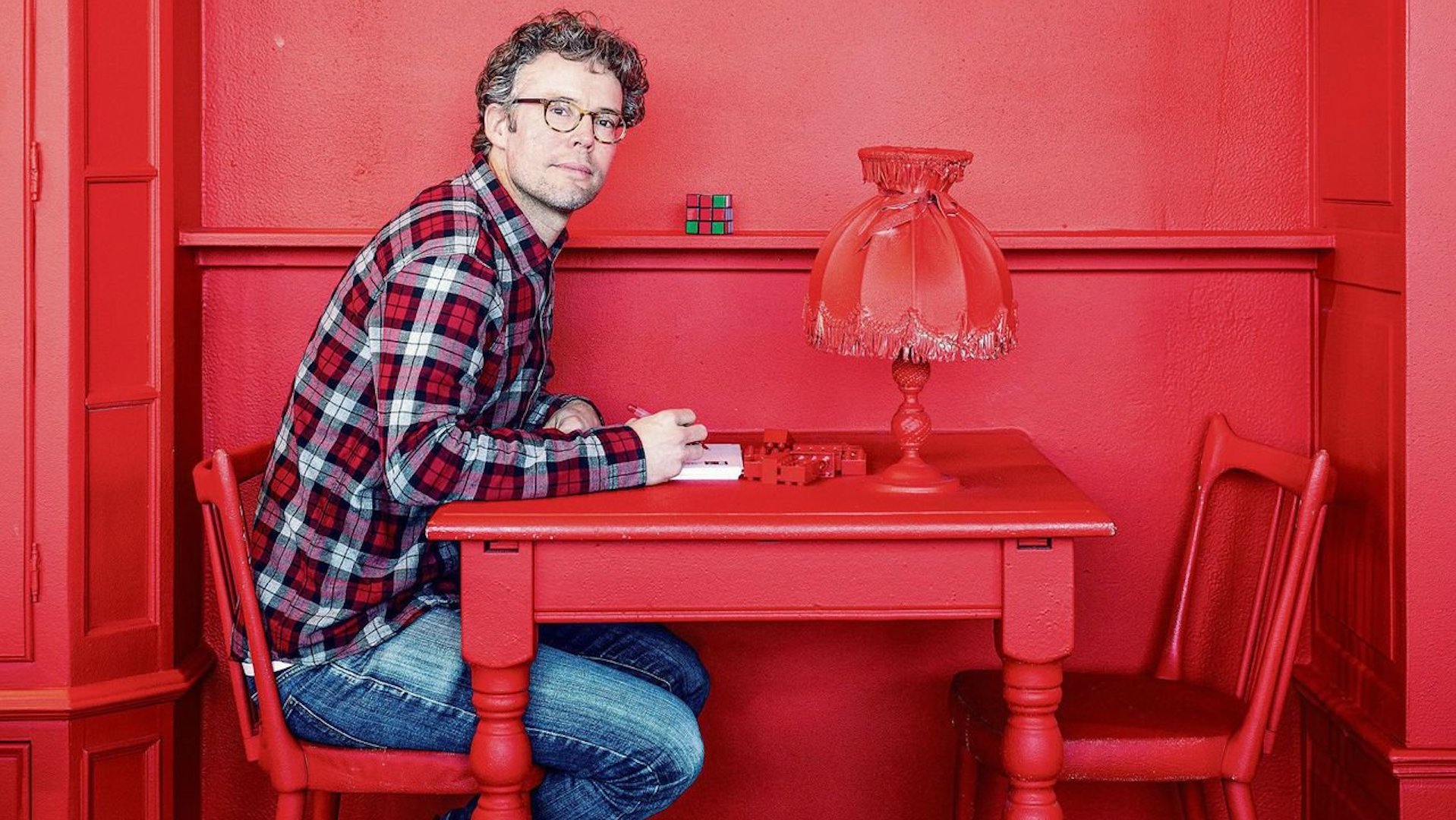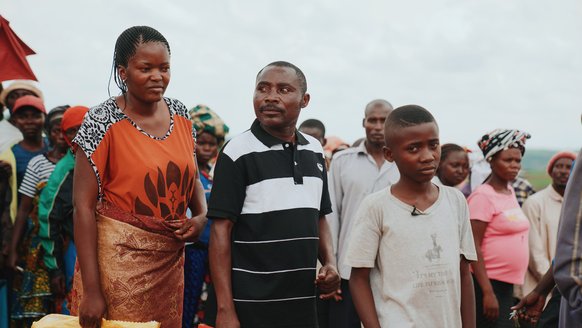What pushes children to become soldiers?
Feb. 12, 2019
Red Hand Day

A boy holding a rifle - forced to fight in the bush. Girls deployed as sex slaves - torn from their families. The portrayal of children as defenceless victims - subject to cruel methods of involuntary recruitment - is the typical image attached to child soldiers. In some contexts this is true - but more often this characterisation is misleading.
Our director of Research & Development Mark Jordans explains: “Too often we think that all child soldiers are recruited by force. Conversations with children in our international programmes show something different. These children also choose to join armed groups voluntarily.”
Tug of War: Children in armed groups in DRC
The Democratic Republic of Congo (DR Congo) provides a telling example of this phenomenon. “Forced recruits seem rather the exception than the rule in the east of DR Congo,” says Jordans.
War Child Holland and War Child UK have collaborated with ethical consultancy Child Frontiers in a study that analyses the push and pull factors that influence children to join armed groups.
The findings of the study are based on the stories of 150 child soldiers and adults from the provinces of North and South Kivu in the east of DR Congo. The children stated that poverty, assault, lack of future prospects, revenge and social pressure by peers were the main drivers towards joining an armed group.
Voluntary?
Use of the word ‘voluntary’ does not go undisputed. Major factors such as the situation in which the child lives must be considered. Can we still speak of free will when a child suffers from hunger on a daily basis? And what about when they are denied an education? Or watch their peers leave town to join violent military groups?

Mark Jordans is head of our Research & Development department
Photo: War Child
Increased risk and psychosocial problems
At this point it is important to clarify one thing: We are committed to helping all children affected by war. We make no distinction between those who are recruited by force or who join an armed group willingly.
Our experience and research shows us that former child soldiers face increased risks in all areas of their life, and often suffer from psychological problems. There is a higher chance of post-traumatic stress disorder - as well as emotional and behavioural complaints.
Reintegration into society can be tough. Former child soldiers are often rejected and stigmatized and are shown to struggle with years of learning disadvantages.
Strength and resilience
As far as we are concerned, there is no lost generation. "The majority of former child soldiers develop well and can ultimately play a positive role in society,” says Jordans.
“Children are very resilient - much more than we often assume - if they are supported well."
Prevention
In the coming years, we will organise even more of our work around sustainable methods of prevention. Providing alternatives for children, in situations of violence or conflict, will be a key priority. In 2019, we will conduct research into the reintegration of child soldiers in Colombia and South Sudan. Read more about our interventions to help a group of 150 former child soldiers in eastern Congo.
